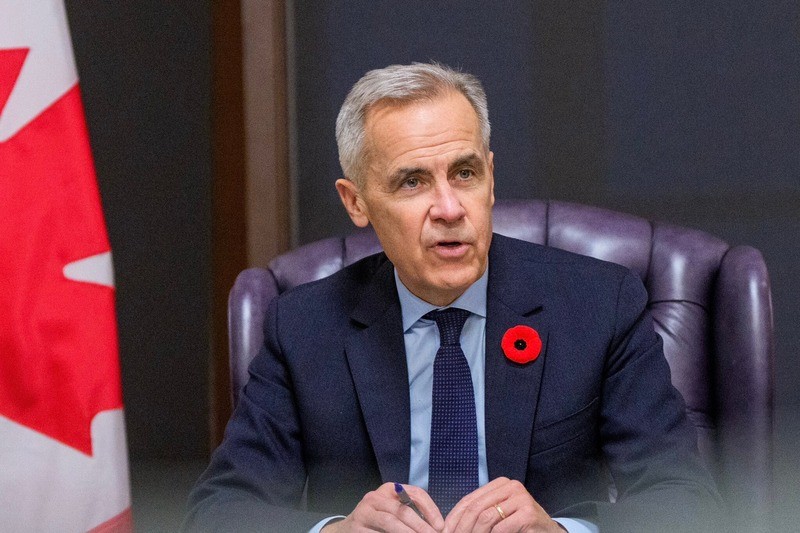EU member states approve first major law to regulate AI
With Artificial Intelligence slowly encroaching on the mainstream and becoming part of day-to-day activities, European Union member states on Tuesday gave the final agreement to the world's first law to regulate it.
"The flagship legislation follows a ‘risk-based’ approach, which means the higher the risk to cause harm to society, the stricter the rules. It is the first of its kind in the world and can set a global standard for AI regulation," the EU said in a statement.
The new law aims to foster the development and uptake of safe and trustworthy AI systems across the EU’s single market by both private and public actors.
At the same time, it aims to ensure respect of fundamental rights of EU citizens and stimulate investment and innovation on artificial intelligence in Europe.
The AI act applies only to areas within EU law and provides exemptions such as for systems used exclusively for military and defence as well as for research purposes.
Mathieu Michel, Belgian secretary of state for digitisation, administrative simplification, privacy protection, and the building regulation, said: "The adoption of the AI act is a significant milestone for the European Union. This landmark law, the first of its kind in the world, addresses a global technological challenge that also creates opportunities for our societies and economies. With the AI act, Europe emphasizes the importance of trust, transparency and accountability when dealing with new technologies while at the same time ensuring this fast-changing technology can flourish and boost European innovation."
The new law categorises different types of artificial intelligence according to risk.
AI systems presenting only limited risk would be subject to very light transparency obligations, while high-risk AI systems would be authorised, but subject to a set of requirements and obligations to gain access to the EU market.
AI systems such as, for example, cognitive behavioural manipulation and social scoring will be banned from the EU because their risk is deemed unacceptable, read a statement issued by EU.
The law also prohibits the use of AI for predictive policing based on profiling and systems that use biometric data to categorise people according to specific categories such as race, religion, or sexual orientation.
IBNS
Senior Staff Reporter at Northeast Herald, covering news from Tripura and Northeast India.
Related Articles

Pakistan bombs Kabul after Afghan forces strike border — tensions on the brink of war!
Kabul/Islamabad/IBNS: Pakistan bombed Afghanistan's capital, Kabul, hours after Afghan forces attacked Pakistani border troops on Thursday night, according to media reports.

Ottawa says India no longer linked to violent crime in Canada, ahead of Carney visit
Ottawa: Canada has indicated it no longer believes India is connected to violent crimes on Canadian soil, marking a significant diplomatic shift before Prime Minister Mark Carney's India visit.

‘I thought they were after murderers’: Canadian man in ICE detention challenges US immigration policy
A Canadian man detained by US Immigration and Customs Enforcement (ICE) says he was shocked to find himself held in a US immigration facility after believing the agency targeted only “criminals and murderers", as his family presses legal efforts for his release.

Afghanistan launches offensive against Pakistani military positions after recent airstrikes by Islamabad
Afghanistan has launched offensive operations against Pakistan military positions along the border, the Taliban’s spokesperson Zabihullah Mujahid said on Thursday, describing the move as retaliation for recent Pakistani airstrikes inside Afghan territory.
Latest News

Kejriwal and Sisodia acquitted in liquor policy case; AAP chief calls arrest 'Modi-Shah's conspiracy'

Pakistan bombs Kabul after Afghan forces strike border — tensions on the brink of war!

Ottawa says India no longer linked to violent crime in Canada, ahead of Carney visit

‘I thought they were after murderers’: Canadian man in ICE detention challenges US immigration policy

